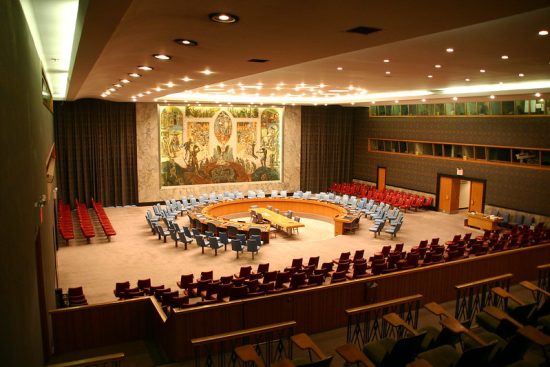
The Decolonial Turn and the International Studies Association
Sakiko Fukuda-Parr
Sakiko Fukuda-Parr is a Professor of International Affairs at The New School and Chair of the UN Committee for Development Policy.
The 2023 annual conference of the International Studies Association held in Montreal (March 14-18) was, as usual, a massive event with thousands of participants presenting papers in the nearly one hundred parallel panel sessions, round tables and special lectures going on at any point of time. As the thematic title of the conference – “Real Struggles, High Stakes: Cooperation, Contention, and Creativity” – would suggest, the ISA continues to be dominated by the mainstream international relations scholars concerned with conflict and cooperation in the world order. Yet it’s a big tent and those of us with critical and unorthodox ideas find a community and a home. This year I was amazed to see many presentations relating to my own interest in global south perspectives on power hierarchies in knowledge creation and policy making.
The topics discussed covered a wide range from decoloniality and anti-imperialism and socialism to decolonial approaches to global feminist solidarity, Bolivia’s decolonization as internal colonialism, African subaltern thought and rescuing Decolonial Critique, among dozens of others. I took away some interesting ideas and learned about fascinating new work from sessions I attended. A Round Table chaired by the noted scholar of postcolonial IR, Amitav Acharya, asked: Is the UN a racist organization?, to which most of the 10 commentators engaged with race as a useful concept in the analysis of international system of power. The history of the UN is intertwined with colonialism and decolonisation but is race still a driving factor for international relations? Sarah von Billerback argued that as an institution the UN was racialized but not necessarily a racist. Viviene Jabri argued institutions were set up for a ‘liberal’ international order but in fact perpetuates a ‘colonial’ order. Patrick Quinton Brown remarked that question of UN as racist was wrong headed. That the UN was a forum for anti-colonial resistance. In the session on “Decolonizing Global Health” I attended, Deisy Ventura from the Pontifical Catholic University of Rio de Janeiro in Brazil spoke about the colonial roots of international efforts to control infectious diseases and pandemics, Susan Sell from the National University of Australia emphasized the particular features of 21st century – monopolies, finance and intellectual property – that facilitate coloniality of present day global health.
The Decolonial Turn is a strong and growing element in the ISA; surely this is a sign of its growing importance as a school of thought in the academic field of International Studies.